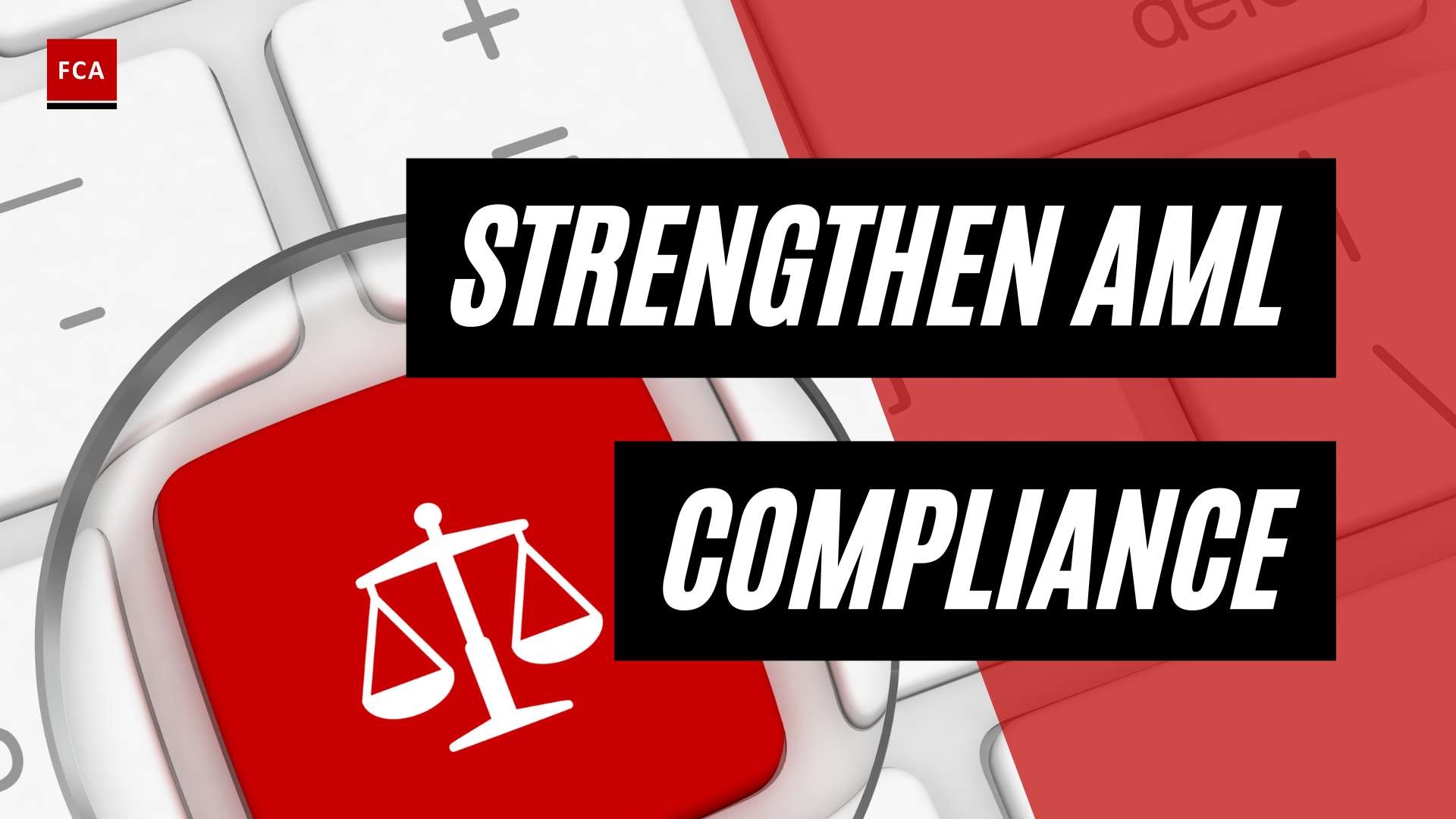The broader bookkeeping requirements are suggested to the institutions and organizations to maintain in an appropriate manner, to comply with relevant AML/CTF requirements. Firms are required to keep records of customer identity and transactions as proof of work performed to comply with local regulatory and legal obligations.
In suspicious cases, the records are forwarded to law enforcement, and law enforcement can conduct an investigation over the records. These records can be used as evidence by companies if law enforcement conducts an investigation on suspicious activities. Therefore, in the records kept, companies should keep adequate records appropriate to the business’s complexity, scale, and nature and make them accessible as required by local regulations. At the same time, companies should keep such records up-to-date, so they should also manage their communication with their customers well in order to update their information.

The Bookkeeping Requirements
AML regulations require that transactions made throughout the life of the business relationship be kept as part of the firm’s records. Transaction records can be as follows; credit and debit notes, checks, and correspondence. Firms need to ensure that a satisfactory audit trail is maintained in a form that can be compiled and a financial profile created for any suspicious accounts or customers.
The organizations are required to prepare and maintain the AML and CFT related records, in an appropriate manner. Organizations usually maintain records for AML and CFT purposes including the reports sent to regulatory authorities about the suspicious transactions, terrorist property, large cash transaction reports, large virtual currency transaction reports, and electronic funds transfer reports.
In addition, the organizations may be required to maintain the large cash transaction records, large virtual currency transaction records, records of transactions above specified amounts, records of electronic funds transfers of specified amount, records of virtual currency transfers, foreign currency exchange transaction tickets, virtual currency exchange transaction tickets etc.
The records of accounts are also maintained including records for account holders, their signature cards, intended use of an account, applications, account operating agreements, deposit slips, account statements, cleared cheque records, etc.
The records of clients are required to be maintained as descriptive as possible. Being descriptive when recording the nature of the principal business or occupation of a client will help determine whether a transaction or activity is consistent with what would be expected for that client. For example, when the client’s occupation is “manager”, the record should reflect the area of management, such as “hotel reservations manager” or “retail clothing store manager”. When an entity’s principal business area is “sales”, the record should specify the type of sales, such as “pharmaceutical sales” or “retail sales”.

Final Thoughts
Proper bookkeeping provides businesses with a reliable measure of their performance. It also provides data for general strategic decisions as well as a benchmark for revenue and income targets. In short, once a business is up and running, it is critical to invest extra time and money in maintaining proper records.
Because of the high cost of hiring full-time accountants, many small businesses do not hire them. Small businesses, on the other hand, usually hire a bookkeeper or outsource the job to a professional firm. One important thing to note here is that many people who intend to start a new business sometimes overlook the importance of matters such as keeping records of every penny spent.








